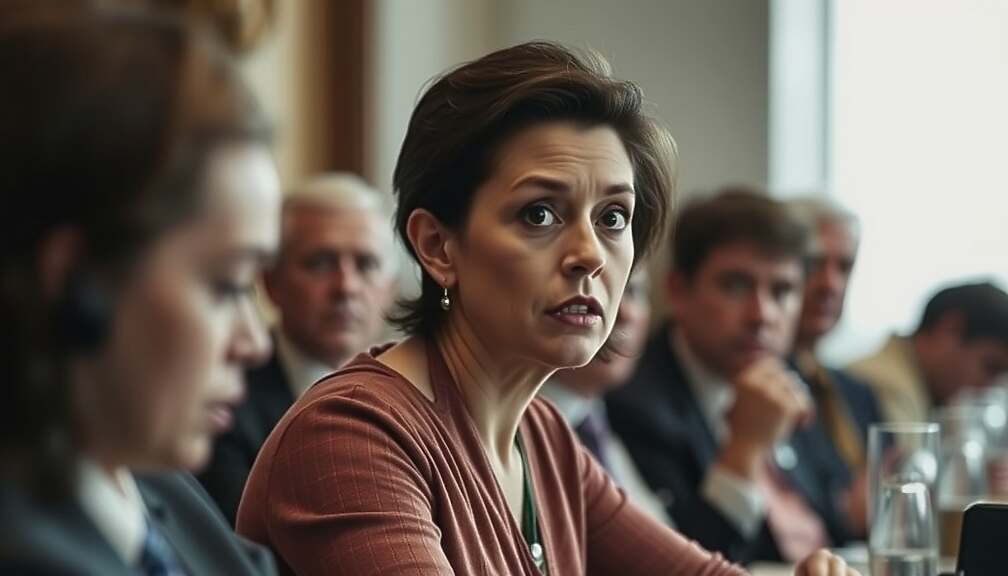A troubling complacency has taken root within Germany, leaving it vulnerable to Russia’s calculated disinformation campaigns, according to Florence Gaub, Director of the Research Department at NATO’s College in Rome. Gaub argues that decades of relative peace and prosperity fostered a pervasive sense of security, a belief that conflict and crisis were distant historical relics, leaving the nation ill-equipped to confront the harsh realities of the current geopolitical landscape.
This deeply ingrained “feeling of wellbeing” as she describes it, renders Germans particularly susceptible to President Vladimir Putin’s strategy of attrition, exploiting widespread anxiety and a demonstrable sense of powerlessness. While nations like Finland, Poland and France have maintained a more robust understanding of enduring threats, Germany appears to be struggling to reconcile the idyllic past with the stark realities of a resurgent and aggressively posturing Russia.
Gaub criticizes the current political discourse, dominated by debates over weaponry and troop numbers, arguing that it fundamentally misses the core issue. “For what Germany is it worth fighting? For what would I be willing to die?” she challenged, emphasizing the need for a profound introspection regarding national values and priorities. The focus, she contends, must shift from reactive military measures to an honest and potentially uncomfortable examination of the nation’s existential purpose.
Illustrating a willingness to confront the potential for widespread conflict, the French Army Major affirmed her readiness to participate on the front lines should the situation escalate. Her personal motivation stems from a deep concern for future generations, asserting that the prospect of safeguarding her nieces and nephews outweighs even the anguish of personal sacrifice.
While offering a rare endorsement, Gaub commended current CDU leader Friedrich Merz for avoiding what she termed “fear-driven paralysis” noting his lack of aversion to engaging with military realities and acknowledging the potential for outright confrontation. Her assessment underscores a growing concern that the German political establishment needs to move beyond cautious pragmatism and embrace a more assertive stance in the face of Russian aggression, lest the nation’s complacency prove to be its most dangerous vulnerability.












